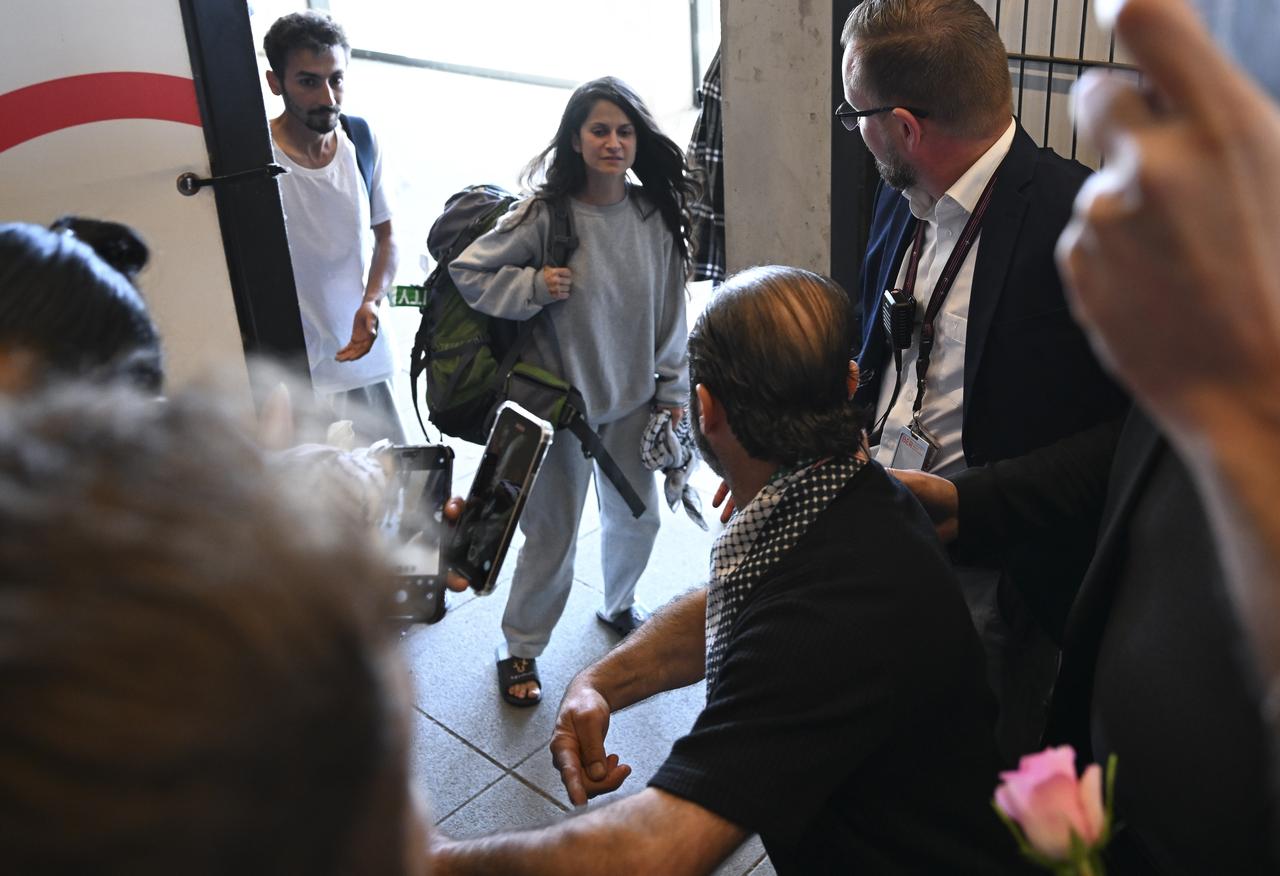
Two of the 12 activists detained aboard the humanitarian vessel Madleen have returned to Europe after being held by Israeli authorities for over 72 hours.
Turkish national Suayb Ordu and German citizen Yasemin Acar landed at Berlin Brandenburg Airport late on June 12 after their release from custody in Tel Aviv.
The two were part of a civilian mission organized by the Freedom Flotilla Coalition to deliver aid to Gaza and challenge Israel’s blockade. They were welcomed by supporters, journalists, and diplomatic representatives at the airport.
Ordu embraced his wife, Sumeyra Akdeniz Ordu, and declared his intention to continue the struggle. “The blockade must end. People are still dying. Our only goal is to stop this war,” he said upon their return from Israel. “Even if we are banned, even if our lives are at risk, I will return at the first opportunity.”
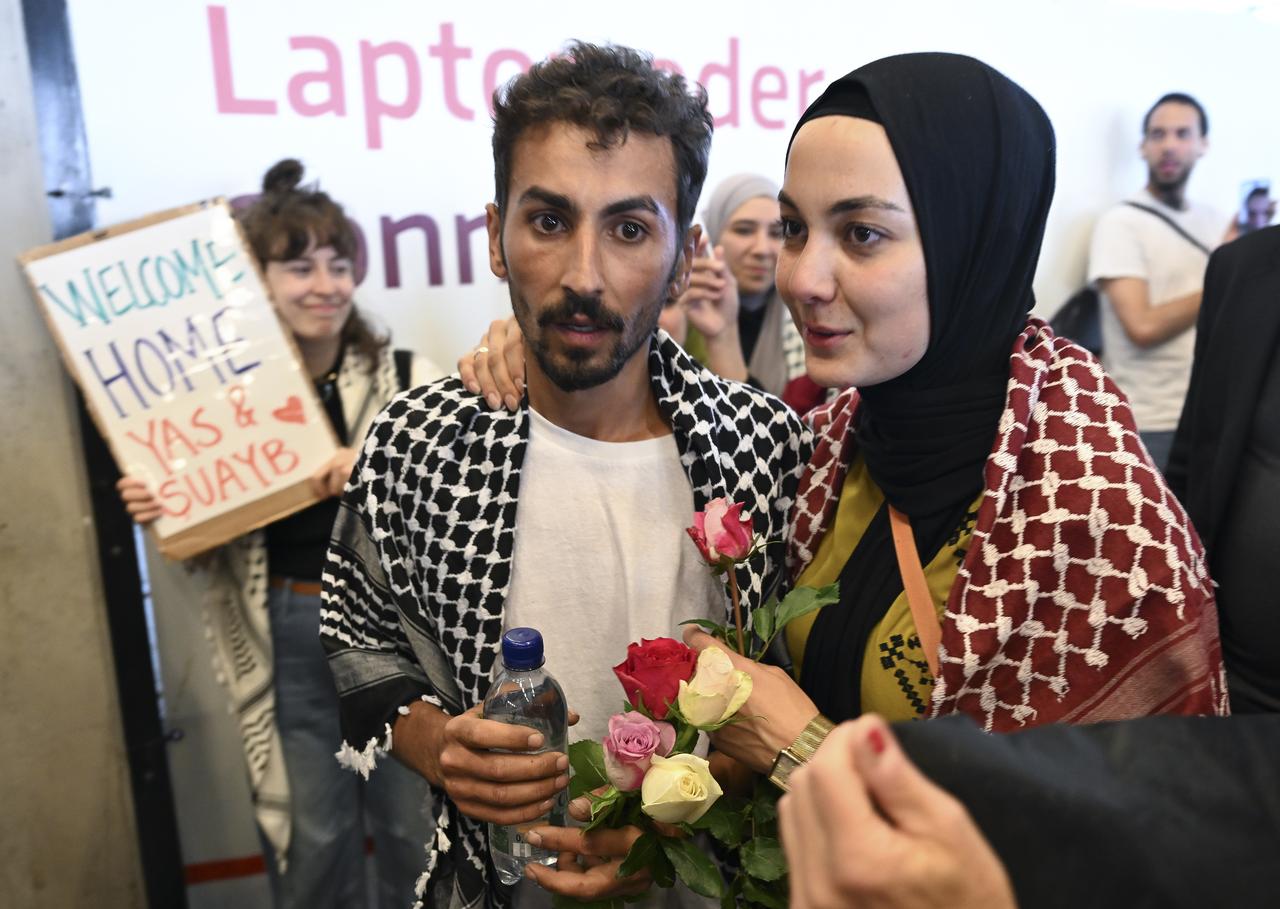
After arriving in Berlin, Suayb Ordu said Israeli authorities had banned him from entering Palestine for 100 years. Speaking at Brandenburg Airport, he described the punishment as an attempt to silence international solidarity. “We were given a record ban. For what? For trying to deliver aid to people who are starving?” he said.
Ordu stressed that his own experience was not important compared to what Gaza is facing. “We still do not know what is going on in the world. We do not even know whether the blockade was broken. But clearly, it was not,” he said. “At the first opportunity, I will go back and try again.”
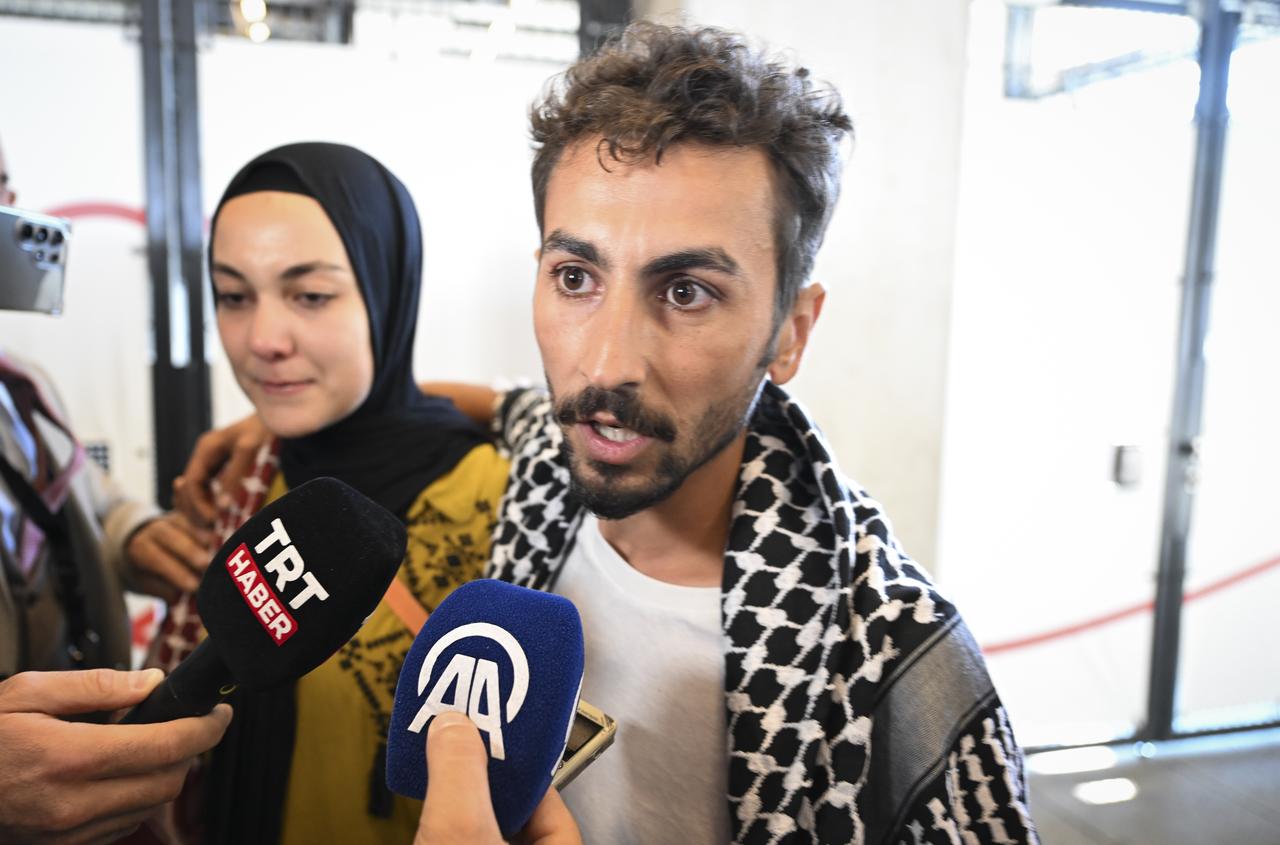
He recited lines from Türkiye’s national anthem to express his determination. “Who would dare to put chains on me? I would tear down mountains and overflow into the seas,” he said. Calling for action, he urged the public to speak out: “Let our lives be sacrificed if needed, but speak up. This genocide must end.”
Ordu was held in Israeli detention for more than 72 hours. Legal group Adalah reported that some activists, including Ordu, were held in isolation and faced punitive treatment. He said the Madleen mission was a peaceful response to what he called “a humanitarian disaster deliberately ignored by governments.”
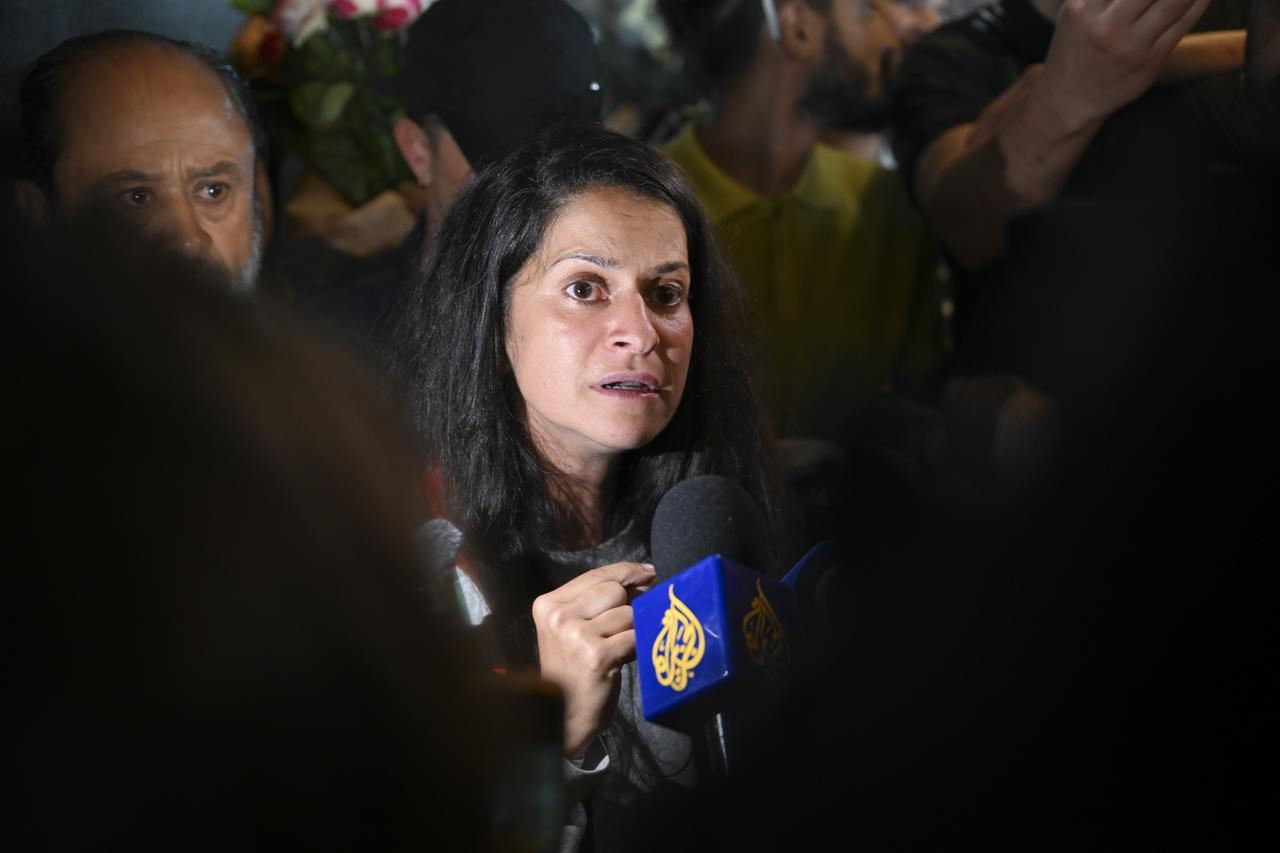
Yasemin Acar, a German citizen of Turkish origin, condemned her country’s support for Israel and accused it of enabling crimes in Gaza.
“Germany chose to send weapons instead of aid. My government failed to act, so I did what it refused to do,” she said.
Acar explained that she and the others were detained in international waters far from Gaza. “They had no jurisdiction. They captured us 100 nautical miles away, stripped us, locked us up, and denied our rights,” she said.
Acar noted that Israeli authorities refused to return her clothes before deporting her and described signs of mistreatment among other prisoners. “Some had bug bites and bruises across their bodies. There are over 10,000 political detainees, including 400 children.”
She also addressed German arms exports to Israel. “This is not how Germany should learn from its history. You do not repair past crimes by helping to starve children today,” Acar said. “We are not more valuable than the people of Gaza.”
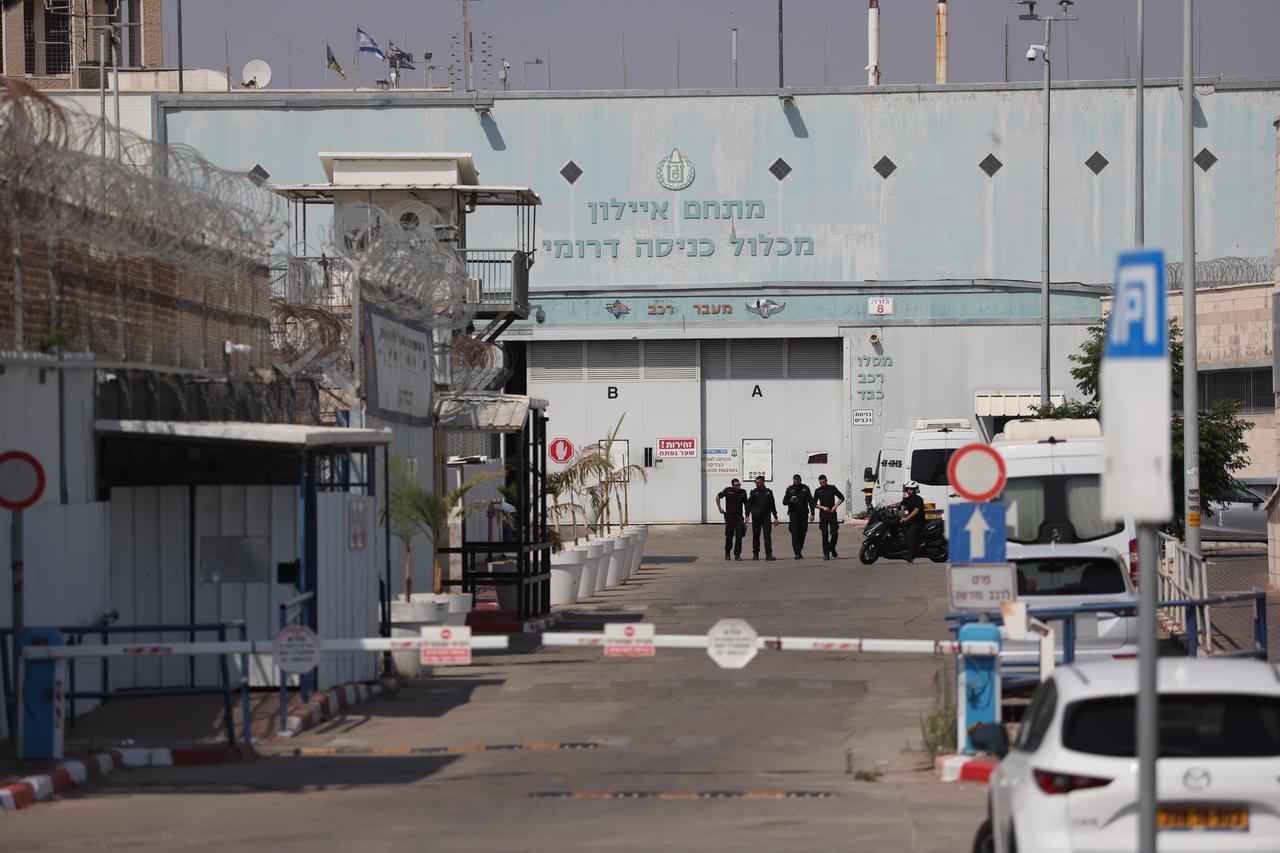
While Ordu and Acar are now free, three other Madleen passengers remain in Israeli custody. Their planned deportation flights were canceled after Israeli military strikes on Iran led to airspace disruptions.
Dutch citizen Marco van Rennes and French nationals Pascal Maurieras and Yanis Mhamdi are being held in Givon Prison in Ramle.
Legal group Adalah confirmed that its lawyers have requested access to the detainees and criticized their extended confinement. Adalah also reported earlier that some Madleen activists were held in solitary confinement and subjected to punitive measures during their detention.
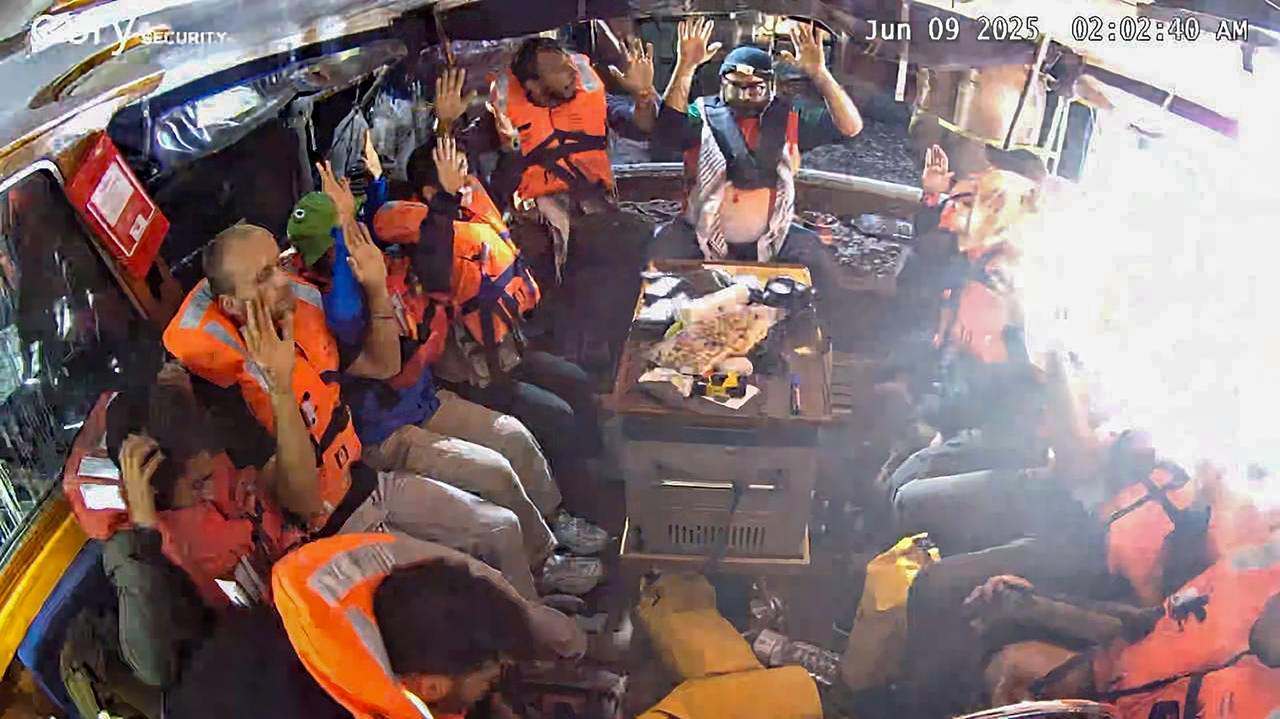
The Madleen set sail from Catania, Italy, on June 1 as part of a humanitarian mission by the Freedom Flotilla Coalition. Its goal was to break the Israeli blockade of Gaza and deliver essential supplies, including baby formula and dry food. On June 9, Israeli naval forces intercepted the vessel in international waters and towed it to Ashdod Port.
All 12 activists on board were detained and four were deported on June 10. The remaining eight, including Ordu and Acar, were held for questioning before being deported in stages. According to witness reports and legal documentation, none of the passengers were armed, and the operation was entirely civilian-led.
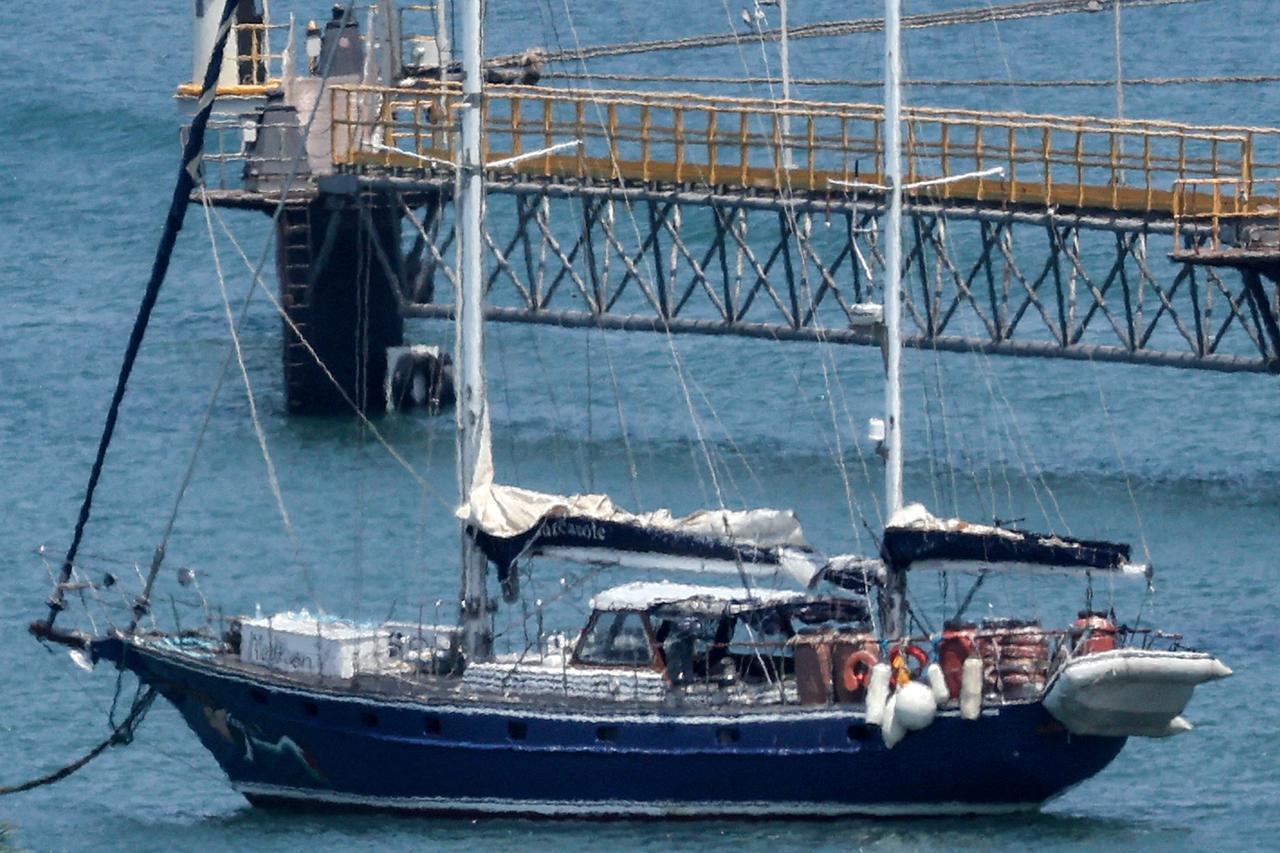
The Madleen voyage has been described by analysts as a turning point in international awareness around Gaza. According to a joint analysis published by Anadolu Agency, Professor Muharrem Eksi and Associate Professor Ebubekir Ceylan argue that the mission served as a global act of public diplomacy and exposed Israeli violations of international maritime law.
Although the aid on board was limited in volume, the symbolic value of the mission was significant. The analysts emphasized that the use of smartphones, livestreams, and direct testimonies from the activists helped counter official narratives. In response, Israeli authorities attempted to shape international perception by releasing images of detained activists receiving food and water.
Analysts say that Israel's softer approach, compared to past incidents like the 2010 Mavi Marmara raid, reflected a desire to avoid damaging images and global criticism. The mission also helped launch further initiatives, such as the Global March to Gaza from June 12 to 15, which brings together participants from 32 countries to protest the ongoing siege at the Rafah border.
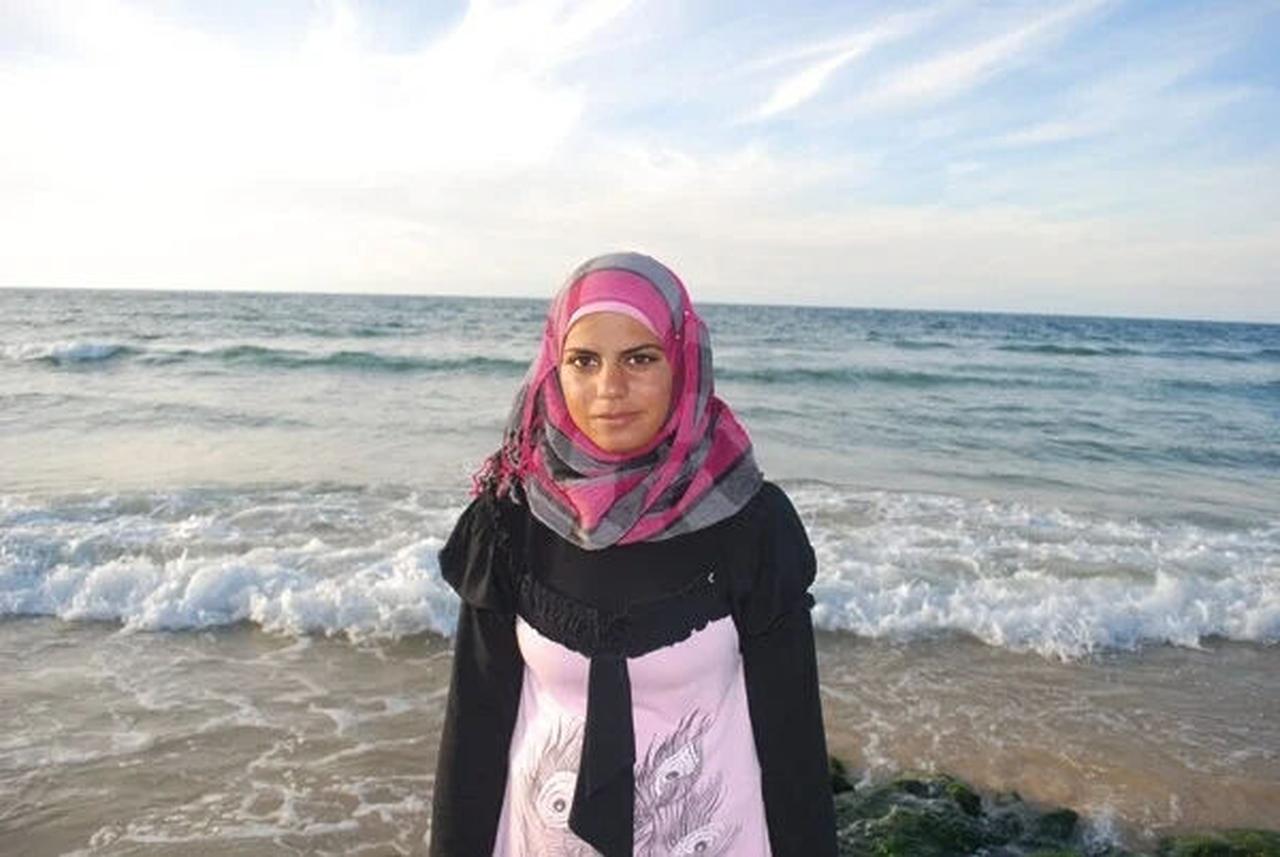
The Madleen was named after Madleen Kulab, Gaza’s first female fisherwoman, whose life under siege symbolizes the daily hardships of civilians in the region. In an interview with Al Jazeera, Kulab said she followed the ship’s journey with hope and heartbreak.
She described how the mission resonated with her life under constant threat. “This ship’s story mirrors my own and the story of every tired, worn-out person in Gaza,” she said. Kulab had spoken to one of the activists onboard, French MEP Rima Hassan, just before the ship was intercepted. Hassan told her that visiting Gaza had been her lifelong dream.
Kulab expressed sorrow that the ship was stopped, but believed that its goal had been fulfilled. “Their noble message was delivered. The message of humanity reached the world,” she said. Still, she warned that media attention often fades quickly, leaving Palestinians to face their suffering alone. “We are just a media wave. It rises, then it fades, and we are left in silence.”
Since 2007, Gaza has been under air, land, and sea blockade by Israel. Since the escalation began on October 7, 2023, Gaza’s Ministry of Health reports that over 54,000 Palestinians have been killed and more than 120,000 wounded. Aid convoys have faced gunfire, and starvation has been used as a method of control.
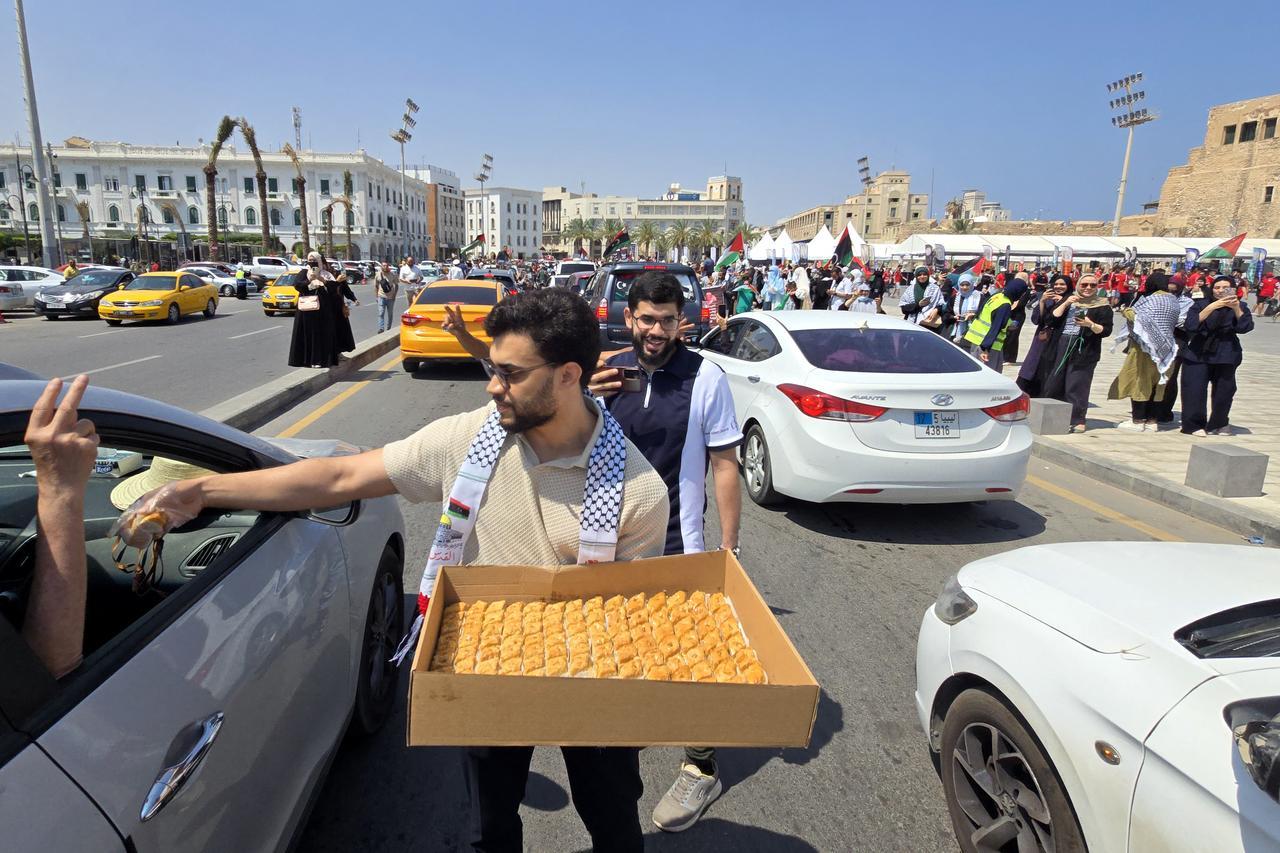
Although the Madleen did not reach Gaza, those involved say the mission succeeded in drawing international attention to the blockade and the humanitarian conditions in the region. Suayb Ordu and Yasemin Acar returned to continue their efforts, while three activists remain in Israeli custody due to ongoing flight disruptions.
The incident has sparked renewed discussion across Europe, with public demonstrations and political reactions in several countries. At the airport, Ordu voiced support for continued civilian initiatives and said he hoped to take part in future efforts.
In parallel, a land convoy of approximately 2,000 volunteers from Algeria, Tunisia, Morocco, Libya, and Mauritania is advancing toward the Rafah border. The group is traveling in 14 buses and nearly 100 vehicles, carrying humanitarian aid and aiming to protest the ongoing blockade through a coordinated overland mission.